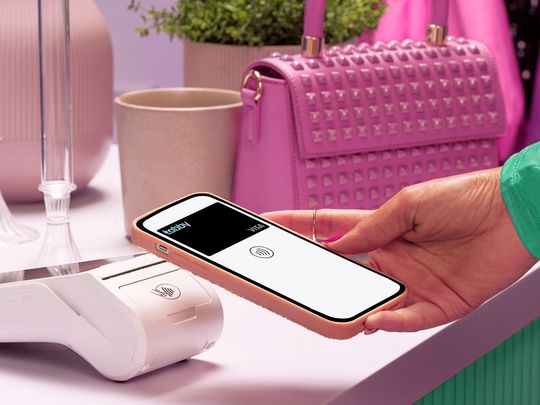
Dubai: One of the biggest names in the Gulf’s BNPL (buy now pay later) space, Tabby has raised an additional $200 million, including from Abu Dhabi heavyweight Mubadala Investment Capital and from PayPal Ventures.
The latest fund intake values Tabby at $1.5 billion plaus – and the 'region’s first fintech unicorn'. The company is planning an IPO and listing in Saudi Arabia.
The much-coveted unicorn status is when a startup gets to a $1 billion valuation and makes for a compelling case for a stock market float. Through the last 3 years, Tabby has played its funding rounds quite well, leveraging its clout in a fast-expanding BNPL consumer finance universe.
The buy now pay later process allows consumers to engage in a deal - say, for a gadget or even a jewellery purchase - and then pay it off in months. These are charged at 0 per cent interest, and that's the part consumers covet. More so, as credit card based transactions now carry higher rates on outstandings.
Leading the funding round
The latest financing was led by Wellington Management, an independent investment management firms. The equity financing drew additional participation from Bluepool Capital, in addition to existing investors STV, Mubadala, PayPal Ventures and Arbor Ventures.

Tabby set out with a purpose to reshape financial services–one that’s fair and responsible–and with this investment we can advance our mission across Saudi Arabia and the UAE.
The financing 'fortifies Tabby’s balance-sheet', with the BNPL model now managing over $6 billion in annualised transaction volumes.
The company has 10 million users and works with over 30,000 brands. It recently launched 'Tabby Shop', a marketplace of over 500,000 products for shoppers to 'discover and track the best products and deals in one place'. Tabby’s use as a payment at physical stores is now at over 20 per cent of total volumes.








